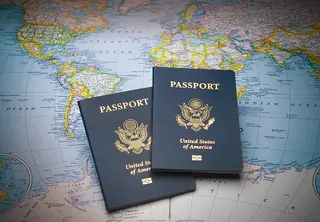About us
- Naturalization is the process through which an immigrant to the United States can become a U.S. citizen.
- Only certain immigrants are eligible: those who either have been green card holders (permanent residents) for 3–5 years or meet various military service requirements.
- To apply, you must meet the set requirements established by Congress and immigration regulations and procedures.

CITIZENSHIP
BENEFITS OF CITIZENSHIP
- Voting rights
- Priority in family-based permanent residency petitions for loved ones
- Citizenship for children born abroad
- Eligibility for US Government jobs
- Eligibility to become an elected official
- Estate Tax benefits
Ability to sponsor relatives seeking immigration status
With a Certificate of Naturalization, you can sponsor any siblings, parents, or adult children who wish to apply for lawful permanent residence in the United States.
Automatic citizenship for children
Once you’re naturalized, your children will also obtain citizenship, even if they’re born abroad
Issuance of U.S. passport
As a citizen of the United States, you’re entitled to a U.S. passport, which comes with a number of benefits, including have visa-free access to over many countries and territories throughout the world. If there is an emergency while you are abroad, you will be able to contact the local U.S. consulate or embassy. You will also have complete freedom to travel the globe, as the U.S. government places no restrictions on the duration or frequency of trips abroad.
Other benefits include

naturalization
You may qualify for naturalization if you:
- Have been a lawful permanent resident for at least 5 years
- Have been a lawful permanent resident for 3 years and have been married to a US citizen during the entirety of those 3 years
- Have qualifying service in the US Armed Forces (See qualifications below)
- Are the child of a U.S. citizen born outside the country and currently residing outside the country, who, for some reason, did not fulfill requirements for citizenship at birth
To qualify for Naturalization, the following requirements must be met:
01.
02.
03.
04.
05.
06.
07.
08.

naturalization
INTERVIEW AND NATURALIZATION TEST
